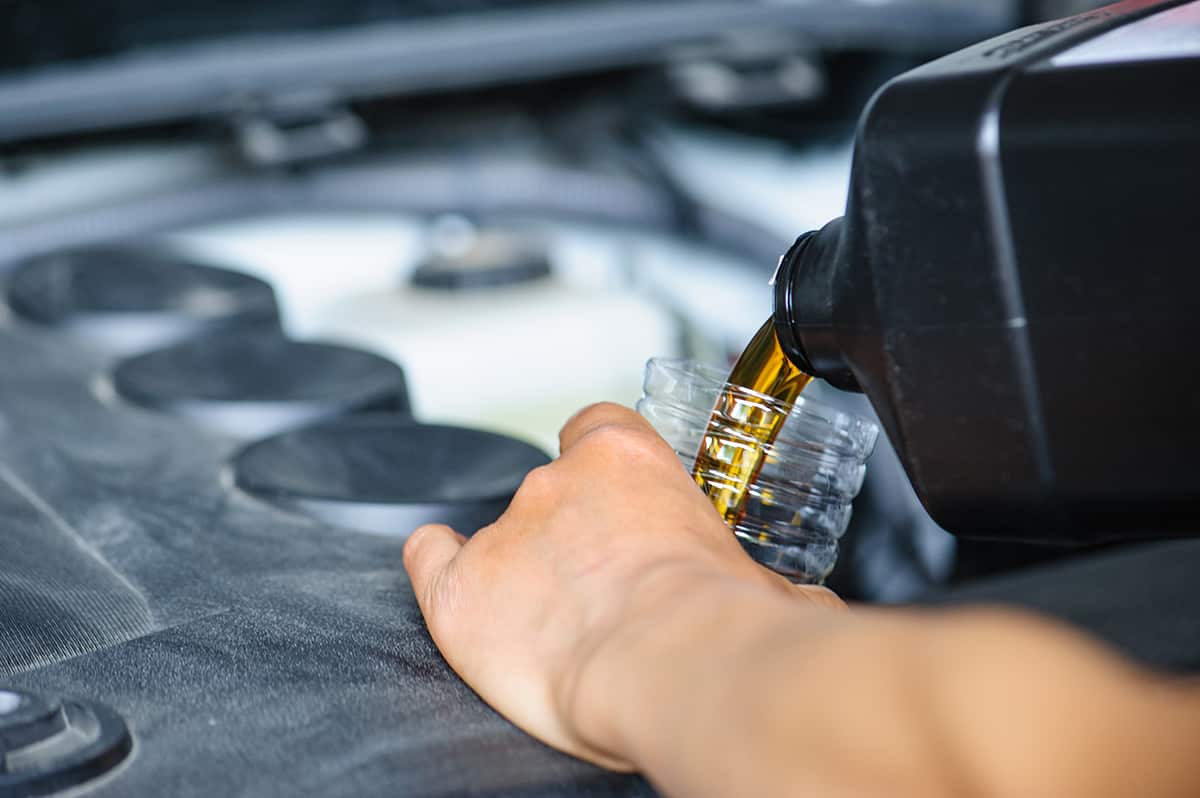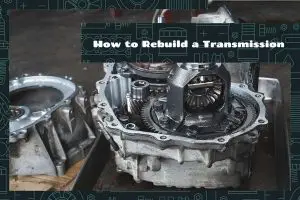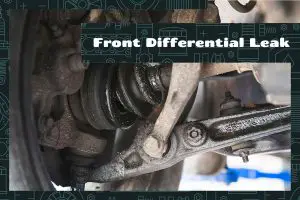Ever been in a car when the driver changes gears? It’s a pretty cool process, right? This shifting of gears, which helps the car move smoothly, is a crucial part of driving. But what happens when this shifting gets delayed? Serious problems can arise regarding your car’s health and safety.
Delayed gear shifting is when the change of gears in a car happens later than it should. This delay can be caused by:
- Mechanical issues in the car’s transmission system
- Electronic problems
- Not enough transmission fluid
- Bad driving habits
In this article, we’ll cover what delayed gear shifting is in more detail, as well as discuss why it happens and how it impacts your car.
The Importance of Timely Gear Shifting
Have you noticed how professional drivers smoothly change gears? That’s because proper gear shifting is crucial for optimal vehicle performance. Here’s how it works: when you start driving, the car is in a low gear. Low gears have a lot of power but can’t go very fast. As the car speeds up, it needs less power but higher speed, so you shift to a higher gear.
If the gear shifting is delayed, the car stays in a lower or higher gear for longer than necessary, leading to either a sluggish drive or an over-revving engine. Thus, timely gear shifting ensures a smooth, efficient, and responsive drive.
How Delayed Gear Shifting Affects Your Car
Delayed gear shifting disrupts your car’s performance, can cause increased fuel consumption, and wear and tear. It can also create safety issues. Let’s explore these effects in more detail.
1. Reduced fuel efficiency
The engine has to work harder and burn more fuel to deliver the same power. This means you’ll need to fill up the gas tank more often, making your trips more expensive and less environmentally friendly.
2. Increased wear and tear
When the gears don’t shift on time, the engine may rev too high, causing it to run hotter and increasing the wear on engine components. Likewise, if the vehicle stays in a low gear too long, the transmission experiences more stress. Over time, this can lead to serious issues, such as a damaged gearbox or a broken transmission, which are costly repairs.
3. Safety concerns
If your car doesn’t shift gears on time, it may not speed up, slow down, or respond as you expect it to. For example, if your car is in a high gear when it should be in a low one, it could stall in the middle of traffic. Or, if it’s in a low gear when it should be in a high one, it might rev excessively and become difficult to control. Both situations can lead to accidents, putting you and others on the road at risk.
Common Causes of Delayed Gear Shifting

It’s not just a single thing causing it; various factors might be at play. Let’s dive into these causes.
1. Mechanical issues
Cars are like giant puzzles with many parts working together. In cars, these pieces include parts of the transmission system, like the clutch (in manual cars) or the torque converter (in automatics). If these parts wear out or get damaged, they can cause delayed gear shifting. Sometimes, the gears themselves might be worn out or damaged, causing the transmission to struggle to engage them.
2. Electronic issues
Delayed gear shifting in a car, especially in modern vehicles that rely heavily on electronic systems, can be caused by several electrical components malfunctioning or failing. Here are some key components:
- Transmission Control Module (TCM): The TCM is essentially the brain of the transmission system. It uses data from various sensors to determine when to shift gears. If the TCM malfunctions, this can lead to delayed gear shifting.
- Sensors: Several sensors provide essential data to the TCM. These include the vehicle speed sensor, throttle position sensor, and transmission fluid temperature sensor. If any of these sensors fail or provide incorrect data, the TCM may not correctly time the gear shifts, leading to delays.
- Solenoids: Solenoids are electro-hydraulic valves that control the flow of transmission fluid in the transmission system. They are controlled by the TCM to engage and disengage gears. If solenoids malfunction, this can result in delayed gear shifting.
- Wiring: The wires that connect the TCM, sensors, and solenoids are also critical. If these wires are damaged or loose, the communication between these components can be disrupted, leading to delayed gear shifting.
- Shift lock control unit: In automatic vehicles, the shift lock control unit prevents the driver from shifting out of ‘P’ (Park) unless the brake pedal is depressed. If this unit malfunctions, it could potentially cause delayed shifting, though this is a less common cause.
3. Dirty or low transmission fluid
Contaminated or inadequate transmission fluid can lead to increased friction and heat, making it harder for the gears to engage and disengage. This can cause a delay in gear shifting. Using the wrong type of fluid can also have similar effects, as not all fluids lubricate and cool the transmission in the same way.
4. Driver habits
Abruptly accelerating or decelerating, riding the clutch (in manual cars), or ignoring the recommended shift points can lead to excessive wear and tear on the transmission, causing delayed gear shifting over time.
Solutions to Delayed Gear Shifting
Let’s explore some solutions that can help get your car back in rhythm.
1. Repairing or replacing damaged mechanical parts
If the problem causing the delayed gear shifting is a worn-out clutch or a damaged gear, a mechanic might be able to repair or replace the part. This solution restores the car’s transmission system to its original condition, resolving the issue of delayed gear shifting.
2. Fixing electronic issues
You’d be surprised by how many electrical issues can be resolved simply by restarting your car’s engine. However, if the problem is more serious, like a faulty sensor or damaged wires, a mechanic will need to repair or replace the defective parts. Once these electronic issues are resolved, the computer can correctly control the transmission again, ensuring timely gear shifting.
3. Changing or refilling transmission fluid

Changing the fluid can help if the existing fluid is dirty, as clean fluid will reduce friction and heat, allowing the gears to move more smoothly. Refilling the fluid can help if the fluid level is low, ensuring there’s enough fluid to lubricate and cool the transmission.
Always make sure to use the type of transmission fluid recommended by the car’s manufacturer. Using the correct fluid ensures that the transmission operates smoothly, preventing delayed gear shifting.
4. Improving driving habits
Avoid abrupt accelerations and decelerations, and pay attention to the recommended shift points. If you drive a manual car, make sure not to ride the clutch. Practicing better driving habits reduces the strain on the transmission, reducing wear and tear, and helping to prevent delayed gear shifting.
Is Delayed Gear Shifting a Serious Problem?
Yes, delayed gear shifting is indeed a serious problem. This issue, while it may seem like just a minor inconvenience or quirk in your car’s performance, can actually signal deeper issues that might cause significant damage if not addressed promptly.
This problem can even affect your car’s resale value. A car with a history of transmission issues or one that’s undergone major repairs tends to fetch a lower price on the used car market. Prospective buyers usually favor vehicles that have been well-maintained and don’t exhibit issues such as delayed gear shifting.
Delayed gear shifting should be taken seriously. It’s a clear sign that something’s off with your car’s transmission, and it’s not a problem that will resolve itself. As with any vehicle issue, early detection and prompt repair are key to preventing more serious damage and ensuring safe, efficient, and enjoyable driving.






